Balancing Competition and Collaboration in Social Games
22 March 2025
Social games are all the rage these days, right? We’re talking about those wildly popular multiplayer games like Among Us, Fortnite, and Fall Guys, where you can’t seem to tell if your friends are allies or secret nemeses. Social games thrive on one thing: the interaction between players. And let’s face it, half the fun (or frustration) comes from trying to figure out who’s on your side and who’s playing dirty for the win.
But here's the thing—social games aren’t just about winning or losing. They’re also about working together, forming alliances, and sometimes betraying them in the most hilarious ways possible. Balancing competition and collaboration is what makes these games addictive and, let’s be honest, keeps us begging for "just one more round."
So, how do developers strike a balance between cutthroat rivalry and teamwork? And why does this balance make social games so appealing? Stick around because we’re about to dig into all the juicy details!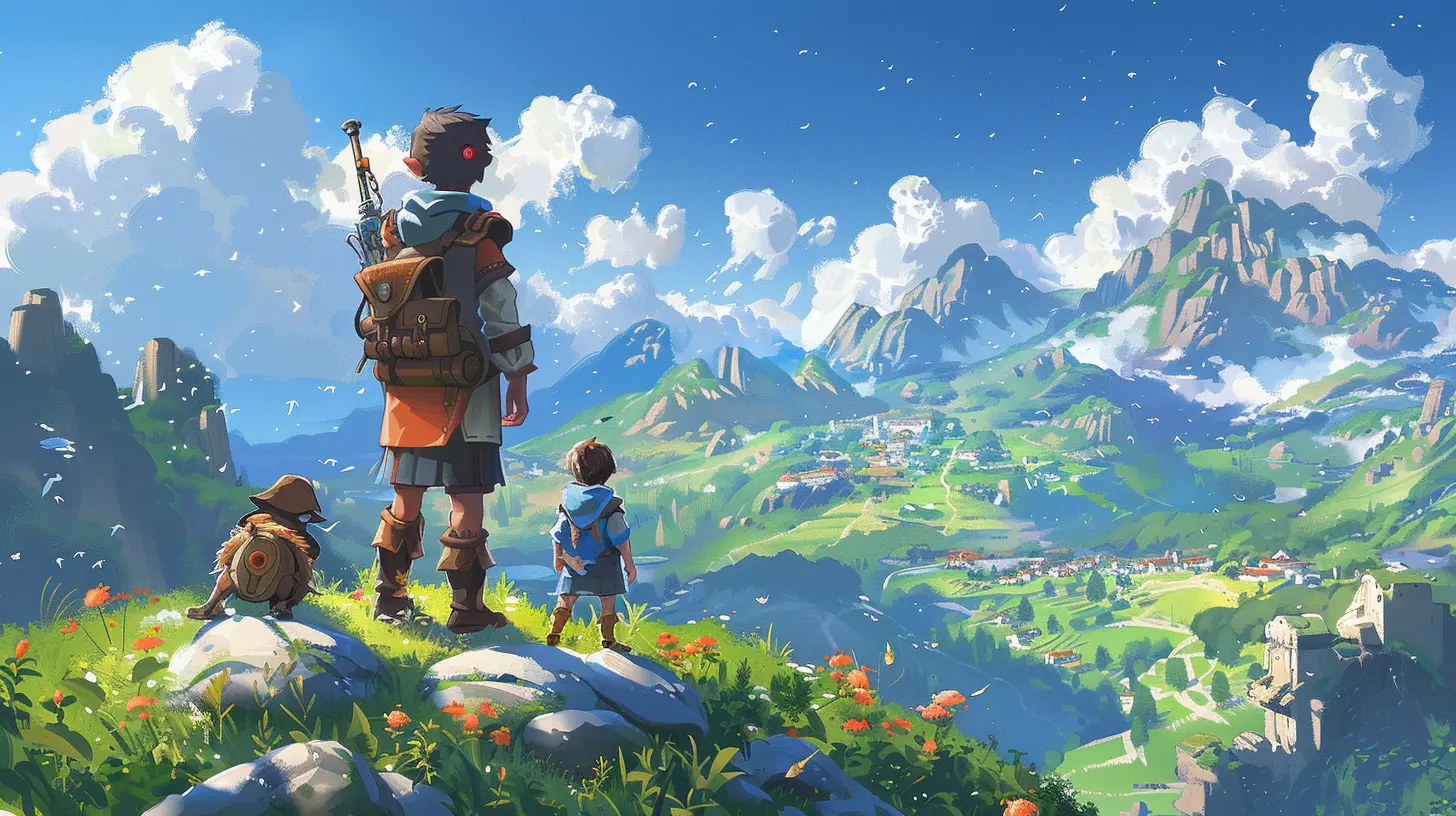
Why Competition and Collaboration Matter in Social Games
Before we dive into the nitty-gritty, let’s break down why competition and collaboration are such big deals in social games.The Thrill of Competition 🏆
Who doesn’t love a little friendly rivalry? Competition is a massive motivator in social games. It fuels adrenaline, keeps players engaged, and gives us that sweet dopamine hit when we pull off a win. Whether you're gunning for first place in Mario Kart or trying to outwit your opponents in a game of Werewolf, competition sparks excitement.But here’s the catch: if a game leans too heavily on competition, it risks alienating some players. No one likes to feel steamrolled by others all the time, right? And let’s be real—getting crushed in every round is a fast track to uninstalling the game.
The Power of Collaboration 🤝
On the flip side, collaboration is what brings players together. It builds friendships, strengthens bonds, and creates those epic “teamwork makes the dream work” moments. Think about games like Overcooked or Apex Legends, where working as a unit is key to victory. There’s something so satisfying about syncing up with your crew and accomplishing something as a team.But again, there’s a balance to be struck. If collaboration is the only focus, the game can start to feel predictable or even dull. Where’s the drama if everyone’s holding hands the whole time?
This is why the magic of social games lies in finding the sweet spot between the two. When done right, the push-and-pull of competition and collaboration creates an experience that’s equal parts chaotic and exhilarating. 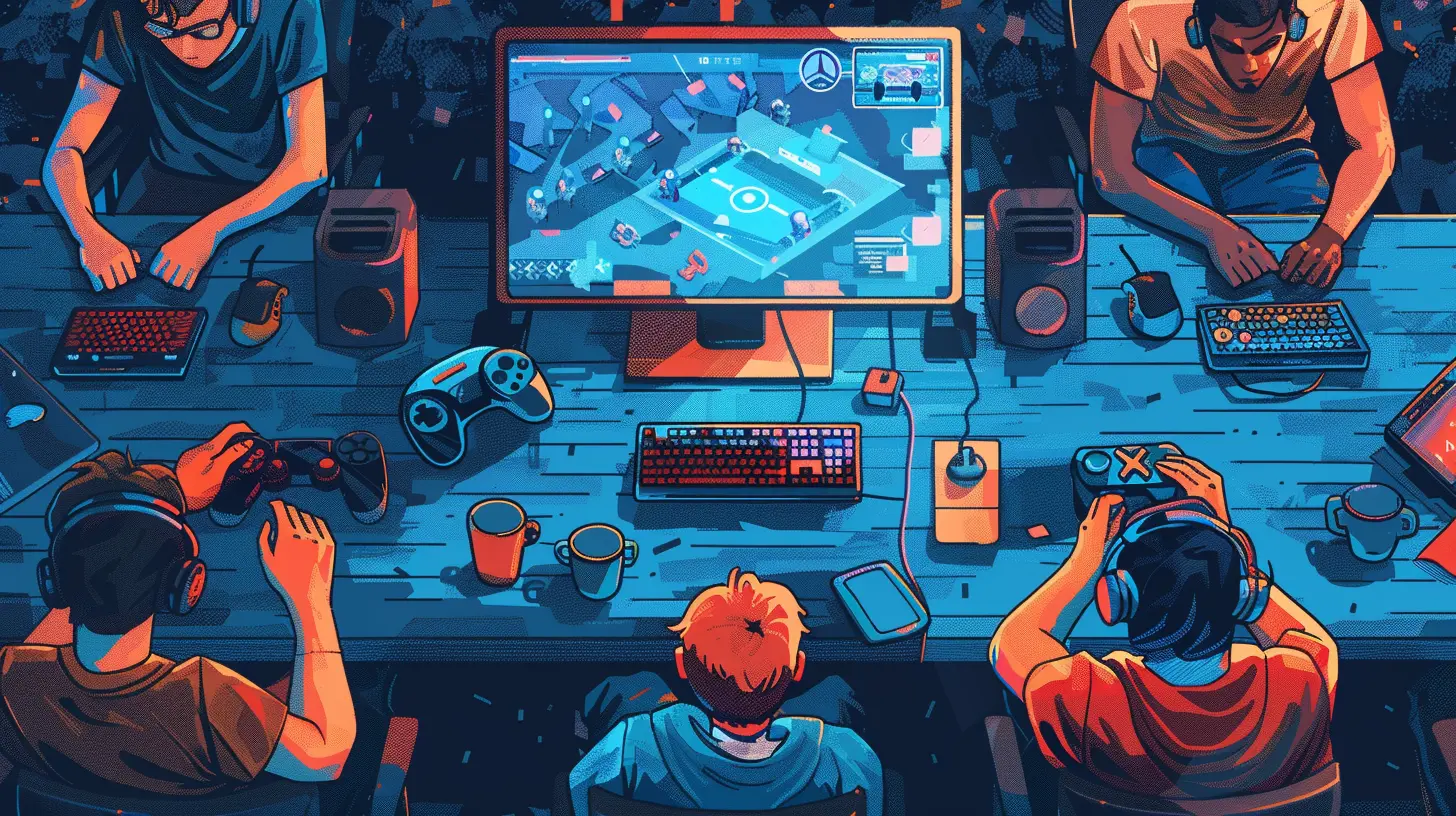
How Game Developers Balance Competition and Collaboration
So, how exactly do game developers walk this tightrope? It’s no easy feat. But here are some clever ways they strike that balance.1. Mixing Team and Individual Goals
One of the best ways to balance competition and collaboration is to blend team objectives with personal goals. A perfect example of this is in games like Among Us. Players must work together to complete tasks (collaboration), but there’s also an imposter among the crew whose sole mission is sabotage (competition). This dynamic creates layers of gameplay that feel fresh and nuanced.By giving players both a reason to team up and a reason to watch their backs, developers keep everyone on their toes. It’s like being on a rollercoaster of trust issues—and honestly, we love every second of it.
2. Flexible Roles and Playstyles
Another way developers nail the balance is by allowing flexibility in how players engage with the game. Think of MOBAs like League of Legends, where you can choose to be a support character helping your team or a damage-dealing carry gunning for glory. Players can lean into collaboration or competition, depending on their preferred playstyle.This flexibility means players don’t feel boxed into one way of playing. It also ensures there’s something for everyone, whether you’re a die-hard team player or a lone wolf.
3. Rewarding Both Winning and Participation
Let’s face it—winning feels amazing, but constantly losing? Not so much. That’s why many social games are designed to reward participation and effort, not just victory. In games like Fortnite, players can earn experience points, unlock skins, or complete challenges even if they don’t snag a win.By shifting some focus away from the leaderboard, developers encourage collaboration and make the experience more inclusive for players of all skill levels. Plus, it keeps the grind fun, even on those “off” days.
4. Timed Events and Rotating Modes
Switching things up keeps social games from getting stale. Timed events and rotating game modes are a fantastic way to shake up the balance between competition and collaboration. For instance, Fall Guys regularly introduces wacky new game modes—some that are all about teamwork and others where it’s every bean for themselves.These limited-time experiences keep players coming back for more because, let’s be real, no one wants to miss out on the latest trends or shiny new rewards.
Why Players Love the Tug-of-War Between Cooperation and Rivalry
If you think about it, social games are like a game of tug-of-war—except sometimes you're working together to win, and other times you’re yanking that rope as hard as you can to pull your teammates into the mud.But why do we enjoy this chaotic dynamic so much?
Emotional Highs and Lows
Switching between collaboration and competition keeps us emotionally invested. One moment, you’re laughing with your friends; the next, you’re screaming because they just betrayed you. That emotional rollercoaster is pure gold when it comes to keeping us hooked.Replayability Galore
The balance of competition and collaboration also adds tons of replay value. No two games feel the same because the interactions between players are constantly changing. One match, your buddy might have your back. The next match? They’re throwing you under the bus to win.Real-Life Skills
Believe it or not, balancing competition and collaboration in games can translate to real-world skills. You learn how to read people, cooperate under pressure, and even handle the sting of betrayal with (hopefully) a bit of grace. It’s like life lessons wrapped in a fun, pixelated package.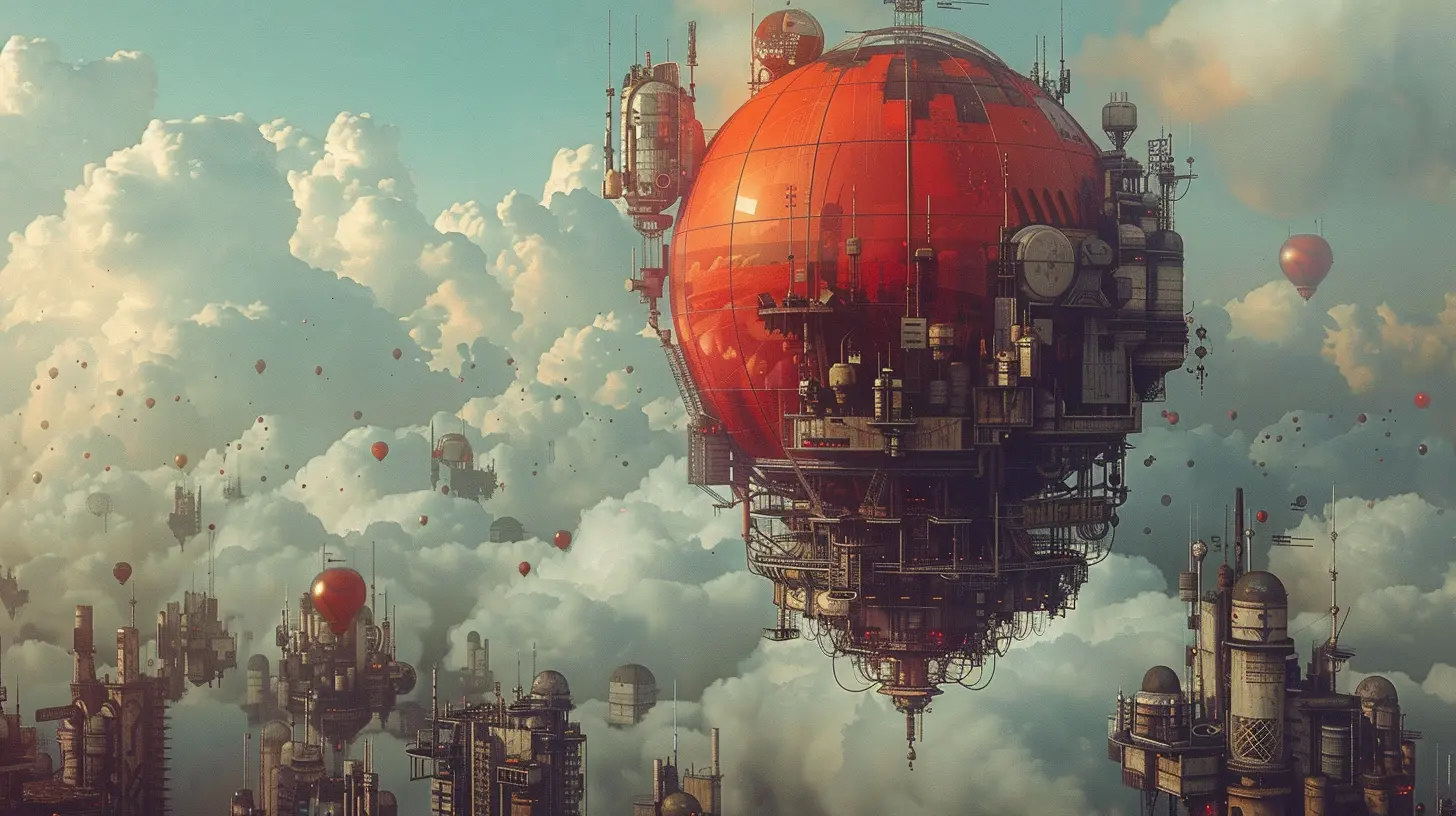
Striking the Balance as a Player
Now, let’s talk about you. How do you balance competition and collaboration when playing social games? It’s all about knowing when to team up and when to let your competitive side shine.- Play Nice but Stay Sharp: Trust your teammates, but don’t let your guard down. Remember, in some games, alliances can crumble at the drop of a hat.
- Read the Room: Every game has its vibe. If everyone’s having fun and joking around, don’t go full try-hard mode. But if the stakes are high, don’t be afraid to bring your A-game.
- Celebrate the Chaos: Win or lose, the unpredictable nature of social games is what makes them unforgettable. So lean into the absurdity and enjoy the ride!
So, What’s the Final Verdict?
Balancing competition and collaboration is the secret sauce that makes social games so irresistible. It’s what keeps us coming back for more—whether we’re plotting with our friends or plotting against them. Game developers have the insane task of juggling these two forces, but when they get it right? That’s when the magic happens.So, next time you dive into a social game, take a moment to appreciate how it keeps you on the edge of your seat. Whether you're teaming up, tearing others down, or bouncing between both, remember: the chaos is all part of the fun.
all images in this post were generated using AI tools
Category:
Social GamesAuthor:

Emery Larsen
Discussion
rate this article
8 comments
Barrett Hubbard
This article brilliantly highlights the intricate dance between competition and collaboration in social games. Striking the right balance enhances player engagement, making for a richer gaming experience overall. Great insights!
April 6, 2025 at 4:33 AM

Emery Larsen
Thank you for your kind words! I'm glad you found the insights on balancing competition and collaboration valuable for enhancing player engagement.
Ramona McRae
Balancing competition and collaboration in social games is crucial for player engagement. Striking this equilibrium not only enhances the gaming experience but also fosters community, encouraging players to connect while pursuing individual goals. A delicate art!
April 4, 2025 at 3:10 AM

Emery Larsen
Thank you for your insightful comment! I completely agree that achieving the right balance between competition and collaboration is essential for enhancing player engagement and building a vibrant community.
Felix Smith
Striking the right balance enhances player engagement and overall game enjoyment!
March 31, 2025 at 4:04 PM

Emery Larsen
Absolutely! Finding that balance is key to creating an immersive and enjoyable experience for players.
Leslie McGinn
Great insights on balancing competition and collaboration! Striking the right mix can enhance player engagement and community building, making social games more enjoyable and sustainable in the long run.
March 29, 2025 at 5:21 PM

Emery Larsen
Thank you! I'm glad you found the insights valuable. Balancing these elements is indeed key to fostering a vibrant gaming community.
Tiffany Gray
Compete hard, collaborate harder—game on, folks!
March 29, 2025 at 5:38 AM

Emery Larsen
Absolutely! Striking the right balance between competition and collaboration is key to enhancing the social gaming experience. Let the games begin!
Katalina McKibben
Love this balance idea!
March 26, 2025 at 3:44 AM

Emery Larsen
Thank you! I'm glad you liked the concept! Balancing both elements can truly enhance the gaming experience.
Jett McQuade
Great insights! Collaboration enhances competition in gaming.
March 25, 2025 at 4:23 AM

Emery Larsen
Thank you! I'm glad you found the insights valuable. Balancing both elements is key to enriching the gaming experience.
Kai Dorsey
Striking the right balance between competition and collaboration in social games enhances player engagement and satisfaction. Developers should focus on creating systems that reward teamwork while maintaining healthy competition to foster a vibrant gaming community.
March 24, 2025 at 5:43 AM

Emery Larsen
Thank you for your insights! I completely agree that fostering both competition and collaboration can greatly enhance player engagement and satisfaction, creating a more vibrant gaming community.
MORE POSTS

Designing a World Map that Enhances Gameplay

Designing Weather Systems and Day-Night Cycles in Open-World Games
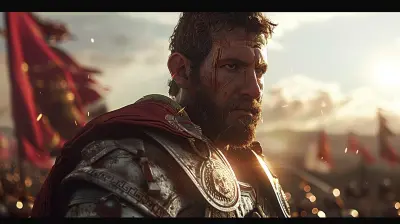
Overhyped Trailers That Misled Millions
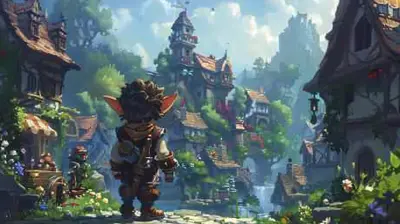
Games That Get You Talking: Social Games Focused on Meaningful Interaction
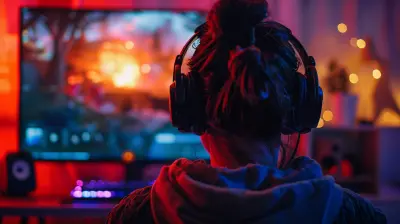
What Makes a Game Demo Go From Good to Great

The Growing Influence of Kickstarter in Digital Game Development